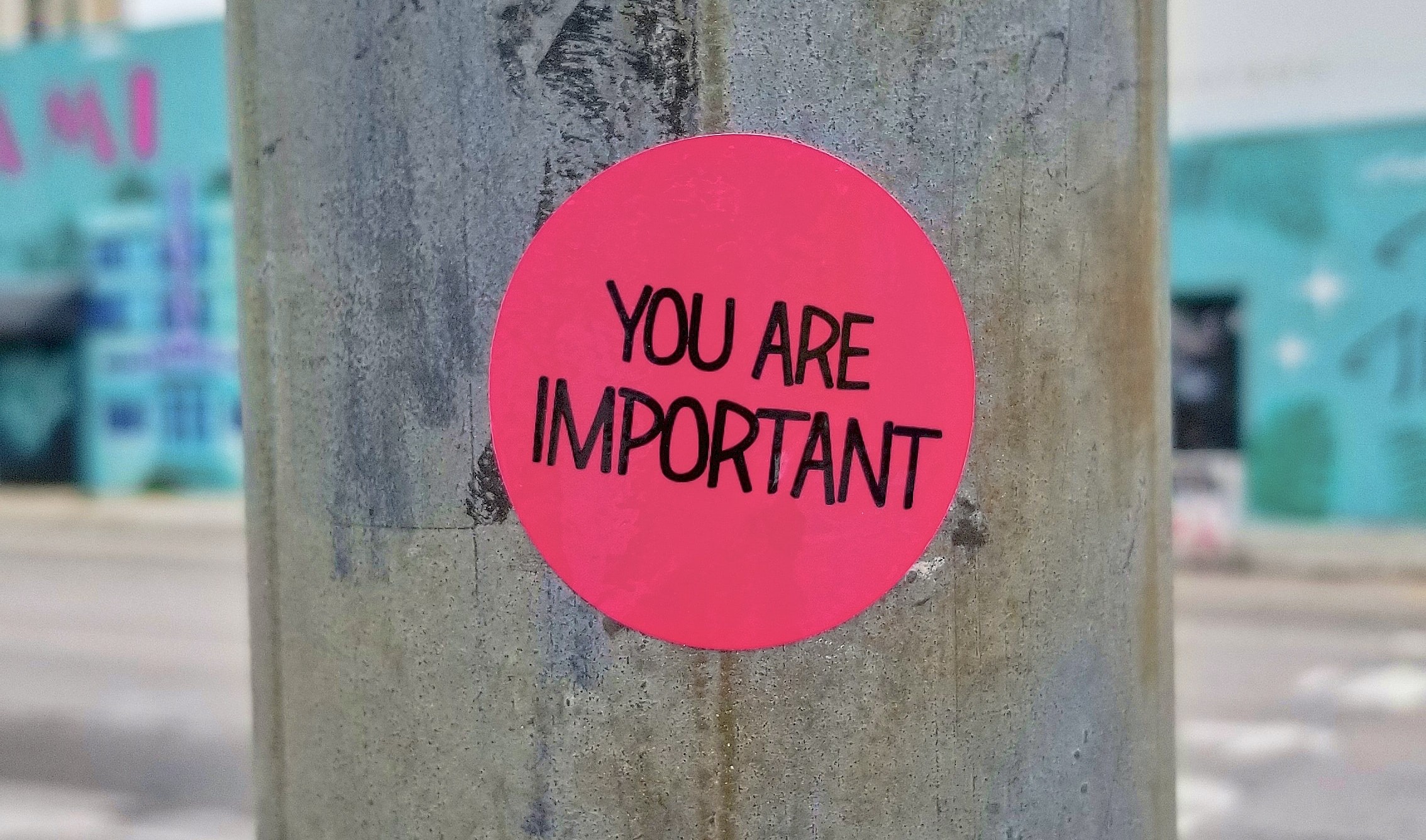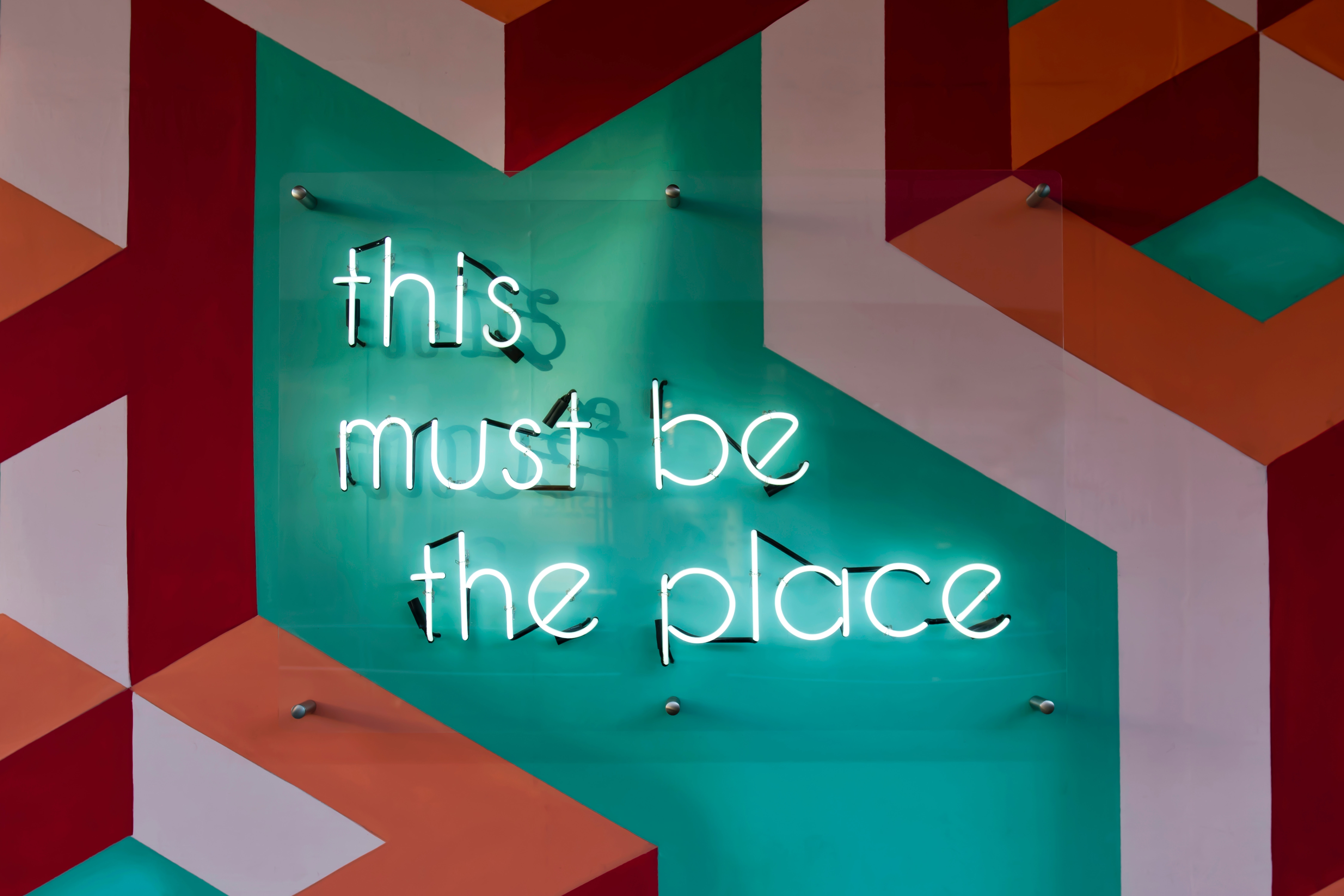How to add value to your community without breaking the bank
Every community is different, not only depending on the country and city, but every brand, space and manager attracts different people. Can I give you advice on how to add value to a community? Simply put, yes.
At the end of the day, we are human beings and there is more that brings us together than separates us, even if it doesn’t always seem like it. Bear in mind, though, that any advice you receive has to be adapted to your own context and community.
At a time when inflation is making us navigate turbulent waters, let’s start with the basics.
What can you do that doesn’t cost extra money? This is very much the million dollar question…
Communication is key
Don’t underestimate the power of simply talking to people. In fact, even more important than talking, is to ask and listen. This shouldn’t just be an empty gesture, because your members will see right through this and it will end up having the opposite effect of what you are trying to achieve. You should be doing it because you are genuinely interested in what they have to tell you.
You might be wondering how this is going to help you add value to your community. Well, there are in fact several answers to that question. Firstly, it’s going to get you to understand people, your community, in a deeper way. This should give you ideas about what they need and what you can do for them to improve their lives either inside or outside of your workspace.

These conversations may, for example, lead you to discover that you have a large number of runners, or that there are a number of cycling enthusiasts in your community. You could then promote a running club or cycling outings, both of which will cost you absolutely nothing. Try to think outside of the four walls of your workspace. Encouraging your members to break the physical barrier that separates them from the outside world can be massively beneficial, as this change of context and environment can breed a different kind of relationship - particularly when you throw sport into the mix as well.
I get it though, sport is not for everyone, but there are hundreds of different activities that can be done inside your workspace that can be more related to the work environment if your community will be more comfortable with it.
It’s about creating moments…
When you talk to members, you will doubtless get a whole load of different requests. It could be to buy a barbeque, a pool table or table football… the list is endless. Remember that adding value is not about creating luxurious spaces filled with amenities, it’s about creating moments. Having the right environment helps, but is not necessary to create moments for your membership. In some cases, simply by creating a lounge area open to members can generate interactions that bring value to your community.
Start the conversations early
Beyond creating these moments there are many things that can be done, but one of my recommendations is that you start this work as early as possible. When a person or company enters the space you should know what they like, what they are interested in or what they expect from the space. You should be prepared to receive the answer: “I just here came to work and become more productive”. No problem, leave them alone, don't insist or pressure them, but be alert if you perceive changes or an opportunity to bring them value in a professional sense.
This work with new recruits will not only add value, but also increase their tenure. Addressing this through a form that is sent to them, ideally through automation from your workspace management software, is a must. Combining this with an informal chat afterwards where you show interest in what they have responded to is even better. Connecting each person joining the space with others, or a company with other projects or freelancers with whom they may have synergies or common interests will go a long way to helping them integrate quickly and feel at home from day one.

Find your champions
How do you organise activities to be free? Well, the key is to find someone knowledgeable and highly motivated in your community. Someone who wants to captain the activity and make it their own. When these “champions'' do an excellent job, you should recognise their contribution, but remember that this should never be a monetary reward as this defeats the purpose of the whole operation. For example, you make jerseys for your cycling club and give your “champion” a jersey as a gift from the workspace that includes some kind of differential detail.
In some cases you might have to contribute something or pay staff some overtime or shell out for cleaning, but this is a small price to pay if the activities are successful. Make sure to keep a record of the people who attend and the costs they have generated, even if they are not much, because they will stack up, and could become significant by the end of the year. Without this information you won’t be able to assess what works, and what doesn’t, as well as how much it costs. You will need this information to build on and improve your community activities.
Think beyond the activity
In all of this, there are additional considerations that shouldn’t be overlooked. For example, sporting events outside of your space serve to take people out of the work environment and allow them to share a healthy and enriching activity. Sharing a television series, on the other hand, will allow your community to get to know each other better, just as running a workshop that involves children will create a more family friendly atmosphere in your coworking space. These activities turn your space into an environment that transcends work. You should also bear in mind that if the activities you run in your space are open to third parties, it can help to sell the space. In short, running these low cost initiatives is a form of free marketing.
A massive positive of active listening is that you will really get to know your community, and they will get to know you as well. Additionally, when it is done well and with genuine interest, their impression of your space improves, because everyone likes to feel listened to and valued.
Don’t over commit
A couple of things to watch out for in this process, is to never make promises or commitments that you can’t deliver on - be honest and cautious. You can always come back to them later with a response if you aren’t immediately sure of something. It might also be a good idea to send an email thanking them for their time, adding a mention of the commitments you made, or if you have not yet been able to study it, what you are evaluating, researching etc.
Keep your demographics in mind
Another aspect to consider is how you schedule these events. For example, if you propose to run them on a weekly-basis after work where the majority of members have families, it will be difficult to make it work. As far as how frequently you run the events, proposing too many or too few activities can both be detrimental, making your community feel dispersed or lacking activity.
All of this comes down to the demographic makeup of your community. People will need more or less activities depending on their lives and personal situation. A digital nomad, for example, will have much higher energy levels than a local person who is married and has children. So, always bear in mind the makeup of your space when planning your activity schedules.
In terms of schedules, you will also need to take into account cultural proclivities as well. For example if you have a particularly professional cohort of members, who want to continue being productive but don’t want to miss out on interaction with others, there are lots of more work related activities to run. For example, you could run breakfasts where somebody gives a talk on their business, or focusses on improving certain skills but in a relaxed and informal setting. These types of activities have a clear start and end point, great for those members of your community who don’t have much time to spare.
Final thoughts...
Obviously I have mentioned many things that don't cost extra money but require your time which, at the end of the day, means money. Where do you get this extra time from? Automate everything you can automate and I promise you that the hours you save will be well spent if you dedicate them to getting to know your community and adding value to it. It will improve your speech in the tours of the space, it will increase the tenure and satisfaction of the members and this will have a direct effect on your sales. I have seen spaces where up to 40% of the members who converted came referred by other members or ex-members and by the way they were visits where you did not have to sell anything at all because they had already bought in before going through the door. Thinking about your members will never have benefited you so much, believe me.
Related posts
-
Global Coworking Trends and Opportunities for 2025
Now well into 2025, the coworking industry continues to demonstrate strong momentum. With demand for coworking spaces remaining steady around the globe, it's clear that coworking is not just enduring—it's thriving. Let’s explore the major trends and opportunities shaping the global coworking landscape this year.
-
Creating Events that Drive Community Engagement in Coworking Spaces
Community is everything in coworking, but a genuine sense of connection between members doesn’t magically happen overnight or by chance. Often, meaningful relationships take intentionality, effort, and time to build, with events being an effective vehicle for bringing people together around shared interests, goals, and experiences, creating opportunities for collaboration, and a thriving coworking culture. This article looks at creating events that drive community engagement in coworking spaces.
-
Liz Elam: ‘Community is the number one amenity in coworking spaces’
A household name in the global coworking industry, Liz Elam, is the founder of one of the world’s best coworking event series: GCUC. Liz’s coworking roots began in 2010, when she established Link Coworking – a welcoming, affordable, and professional coworking space – in her hometown of Austin, Texas. Link Coworking achieved incredible success, expanding across three locations and becoming the fourth-largest coworking brand in Austin. It was sold in 2019, making Liz the first woman globally to exit a coworking brand.
-
Key Takeaways from the Coworking Alliance Summit 2025
Gathering online for the Coworking Alliance Summit last week, members of global coworking alliances, coworking spaces, and community leaders came together to navigate global issues, strengthen ties across the coworking industry, and work collectively towards future goals.
-
5 Ways to Reduce Noise in Open Offices & Coworking Spaces
Some people like working against a background of noise, while for others it’s their worst work nightmare. The truth is, our relationship with noise depends on our own preferences and the nature of our work.
-
Key takeaways from the Workspace Design Show 2025
London’s Workspace Design Show is undoubtedly one of the best coworking events of 2025. For one, the exhibition (held at Islington’s Business Design Centre) features a host of innovative and creative workspace design solutions tailored to the needs of modern workplaces.